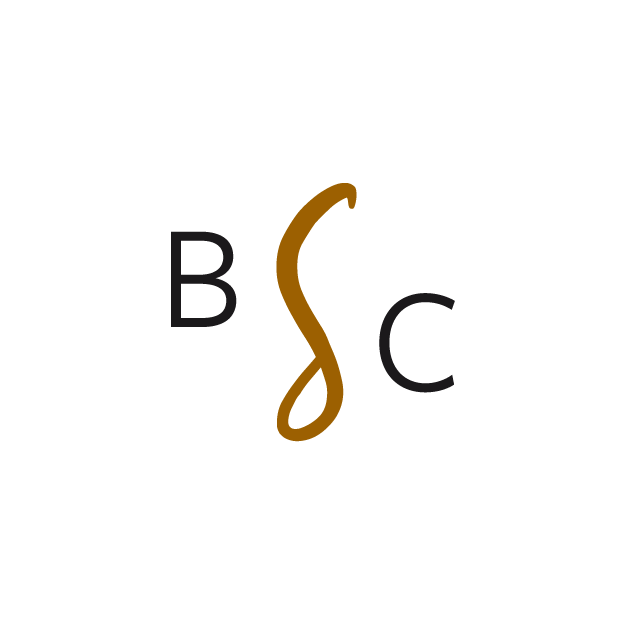Archipelago and the Act of Loving Sedition by Laila Malik
In my debut collection of poetry, I write about a geographical formation that exists in the world, one to which I have a lifelong connection. It’s about physical space and it’s also about all the metaphors that flow from that geographical formation. But as we all know, space and time are deeply interconnected. And so, this collection is also about time.
I think of myself as someone who moves somewhat slowly in the world, perhaps a bit out of touch with the warp speed of late-stage capitalism in the largest metropolis in Canada, and so it may be a bit shocking for readers to know that the pieces in this collection span approximately 30 years. The volume is divided into four epochs, and while there’s a chronological aspect to it, my intention was to interrogate more deeply how we read the passage of time through our landscapes, and consequently, how we understand ourselves.
Situated in the Arabian Gulf region, the archipelago in which I was raised is radically different - even in terms of its very geographical features - to the one that exists today. When I say, in ‘the organic properties of sand’, “coastlines eat their feelings”, I mean it almost literally - furious land reclamation has changed the very contours of the shorelines. Some of our most prominent ecological landmarks have simply vanished. Communication and transportation technologies have jettisoned a generation from certain kinds of silences to dizzying motion, conversation and interconnectedness. The cultures that call this land home have redefined and re-articulated themselves, in a fascinating, self-conscious way that I often find perplexing, even as I’m sometimes sucked into it. There’s a nostalgia, sometimes real and sometimes fabricated, and a strong element of self-orientalization for mass consumption, a witting, strategic calculation of which story will sell. Which stories we will buy about ourselves.
This collection was shaped by loss, by birth, and by all the rich organic matter that occurs in between. It is a memorial, a map, and a manifesto. It is also, fundamentally, about who is allowed, and who seizes the right to tell which stories.
Initially I didn’t set out to write poetry. But eventually poetry wrote me, almost from the time I could think in words, in a way that I think many of us who inhabit colourful, polylingual worlds simply breathe. For many years, the act of committing it to paper was a quiet secret, the prospect of sharing unthinkable. But the late Black feminist poet and intellectual Audre Lorde’s words hovered like a gentle spectre – “your silence will not protect you… only one thing is more frightening than speaking your truth. And that is not speaking.”
The poetic form is an ideal, sideways way of approaching difficult and daunting issues and emotions. The spaces it allows simultaneously permit room to breathe, a safe way to explore, and the ability to mirror the complex, extraordinary granularity of existence. I also came to poetry in a sideways, experiential way, both unable and resistant to the prospect of studying it in formal settings and unable to survive without it. And so for me, the act of writing poetry, whatever the subject, is always and eternally an act of loving sedition.
Since our mother passed on, my sister has recently started doing this thing, when she senses that one of us is hesitating to do something we really want to do. Or not to do something we really don’t want to do, wrestling with the voices in our heads telling us who and how we ought to be.
My sister, who is gentle to a fault, and has never been one to impose rules on us, says:
I give you permission.
Four words that take my breath away.
I give you permission.
Audre Lorde made the powerful case that when we speak, we create openings for others who have been silenced to do so as well. For those of us who have held our tongues, and listened more to the voices and rules of other people telling us what our stories should be and when and how they should be told than we have to ourselves, my hope is that this collection will help us to give ourselves permission to ask questions that may make us breathless with daring, even fear, on the road to courage.
And to write, to live and to tell our own stories.
Because we deserve that much.
Laila Malik is a desisporic writer in Adobigok, traditional land of Indigenous communities that include the Anishinaabe, Seneca, Mohawk Haudenosaunee, and Wendat. Her debut poetry collection, archipelago (book*hug press, 2023), was listed as one of CBC’s 2023 poetry collections to watch for. Malik’s writing has been published in Canadian and international magazines, longlisted for five different literary prizes and nominated for Pushcart and Best of the Net awards. She was a fellow at the Banff Centre for Arts and Creativity for her novel in progress.
Two ways to work with Breathing Space Creative:

